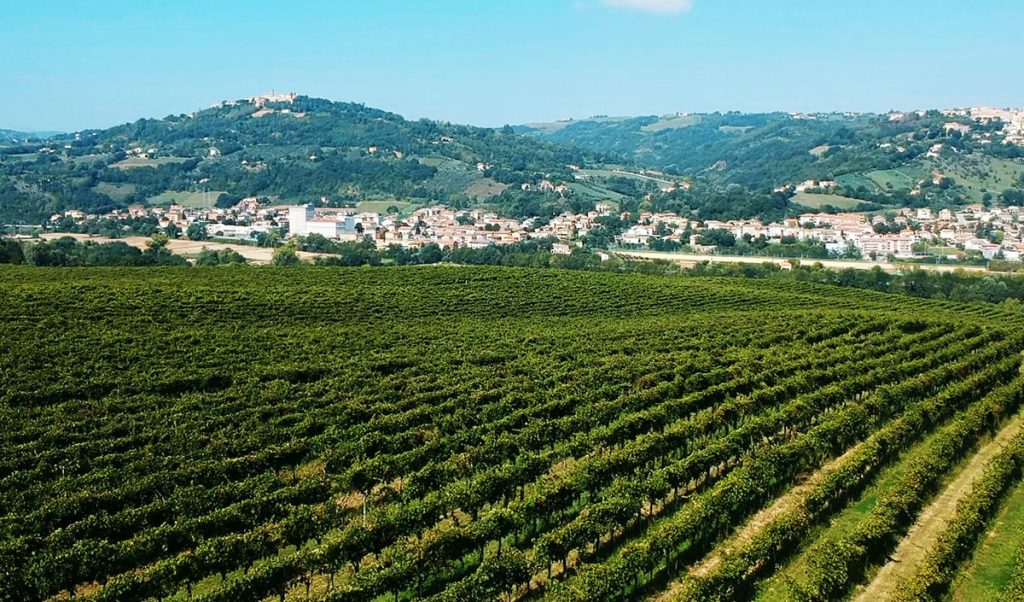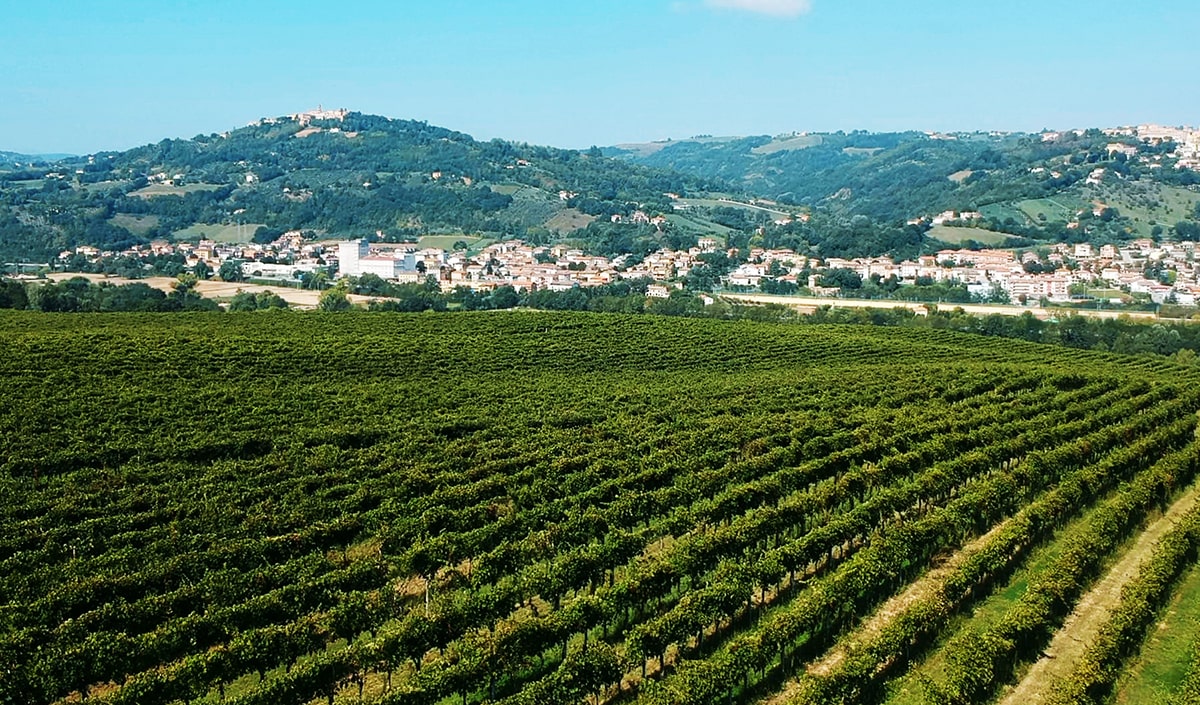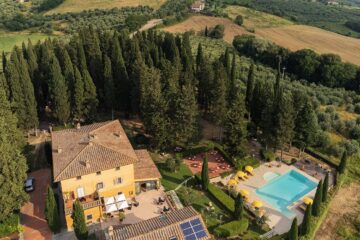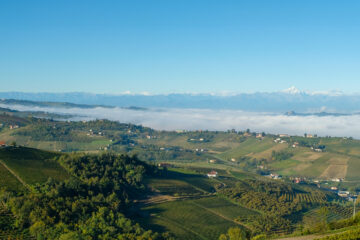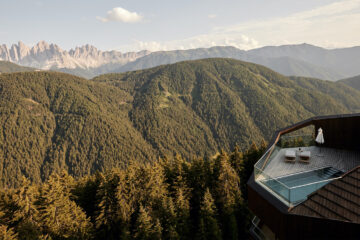Fazi Battaglia: Capturing The Passion, Spirit And Flavour Of Italy’s Verdicchio
Romance and tradition can play a large part in the art of winemaking, but when those are combined with innovation, the result is often excellence. That is the secret behind the Fazi Battaglia wine brand, one of the most respected Italian wines in the world.
Created in 1949 by the union of two families — Fazi and Battaglia — the wine is the reflection of the Verdicchio region of Italy, near the town of Jesi on the Adriatic coast. The location and temperate climate among the hilly country in the province of Ancona provide the area with persistent gentle winds, onshore during the morning and offshore in the late afternoon, resulting in a superb terroir for grape growing.
“Our wines fully reflect the terroir, are easily drinkable and show the vivid aromatic expression of the Verdicchio,” says Andrea Lonardi, operations director for Fazi Battaglia. “At the same time, we are looking to give to the Verdicchio a more complex aromatic expression and to achieve that we harvest earlier and we use softer techniques.”
“Verdicchio” means “little green one” in that its wines have pronounced green tinges of fresh apples, complemented by crisp acidity and a pleasant aftertaste of toasted almonds. Fazi Battaglia wines triumph in this geographic region, which has been their passion for four generations.
“Being honest and transparent are as important as being passionate, and being honest first means to reflect terroir expression into the bottle,” says Eleonora Guerini, marketing director of Fazi Battaglia. “Wines require a transparent and natural expression to have a chance to bring the consumer to the place of its origin.”
Part of Fazi Battaglia’s innovative approach to winemaking is its mission to respect and nurture the biodiversity of the land from which it harvests its crop. “We need to respect the land and make it better than when we found it,” says Lonardi. “That means reducing chemicals, adopting organic fertilizer and it means fixing natural nitrogen into the soil and growing water retention, while reducing erosion and improving the structural aspects of the land, as one of the key elements of winemaking today is to practise sustainable activities.”
Fazi Battaglia wines are known worldwide for their curvy amphoras, introduced in 1953 when the company was looking for a signature style. Nicknamed in the United States as “the Sophia Loren bottle,” the distinctively shaped bottle has an emerald-green colour and scroll, and is still rolled up and tied by hand today. It is illustrative of the expertise and artistry Fazi Battaglia brings to its craft, as well as its ongoing objective to make its customers more than just satisfied.
“We think people could be satisfied when they drink a good wine,” says Guerini. “But if you can drink a wine which is, as well as good, also deeply connected to the terroir, to a landscape, to culture and tradition, well, in that case, people are more than just satisfied, they are happy.”






































































